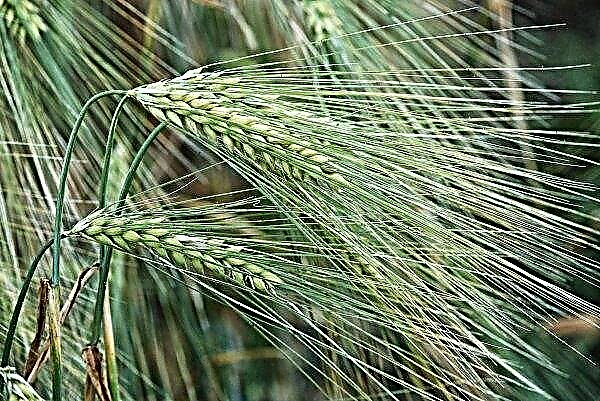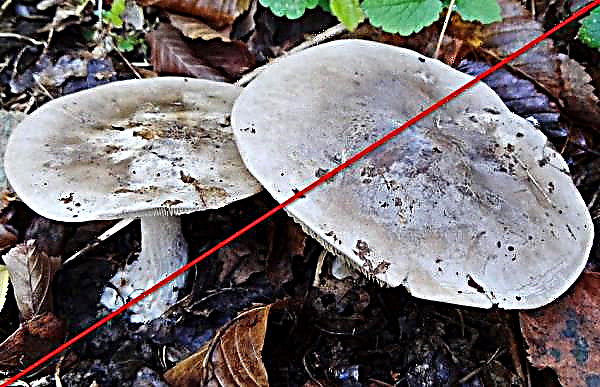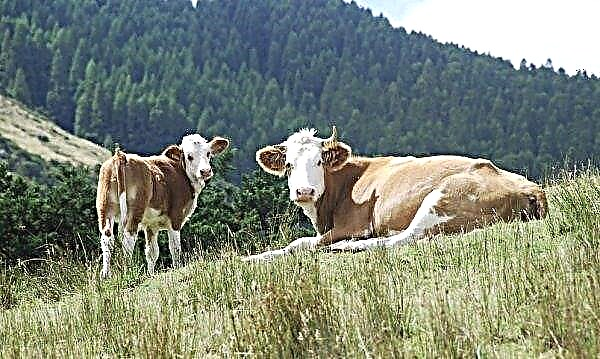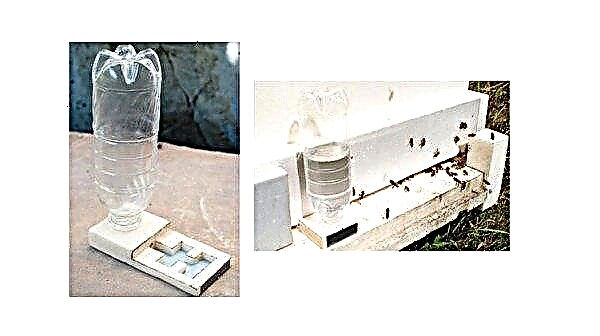Over the weekend, the South Korean authorities conducted a massive operation to select 47 thousand pigs near the North Korean border in an attempt to prevent the spread of African swine fever in the country.
However, the authorities ran out of plastic containers used to bury pigs, and blood was spilled into the river nearby, the ABC channel reports citing local sources.
As a result, the Imjin River, flowing through the demilitarized zone, turned blood red. It is the seventh largest river in Korea, and people in the area fear that the disease could spread to other provinces.

Authorities denied such concerns, saying that the rejected pigs were sanitized before they were killed. They also said that emergency measures had been taken to prevent further pollution of the river.
ASF was recently discovered in South Korea, and biosafety experts believe the disease was transmitted by wild animals from North Korea.

To date, 13 cases have been reported in South Korea since September 17, when the first outbreak was recorded.
The virus was first detected in Asia in August 2018 during an outbreak recorded in China. Since then, it has spread to Vietnam, Mongolia, Cambodia, Laos, the Philippines, East Timor, North Korea and South Korea and is also believed to be present in Indonesia.












